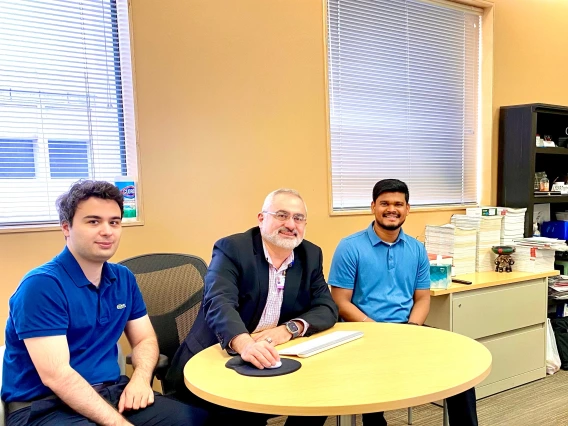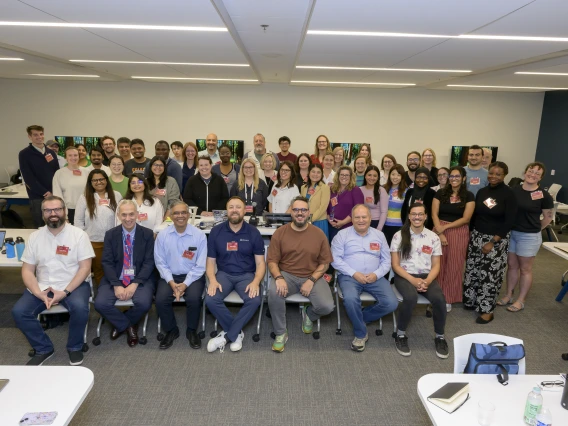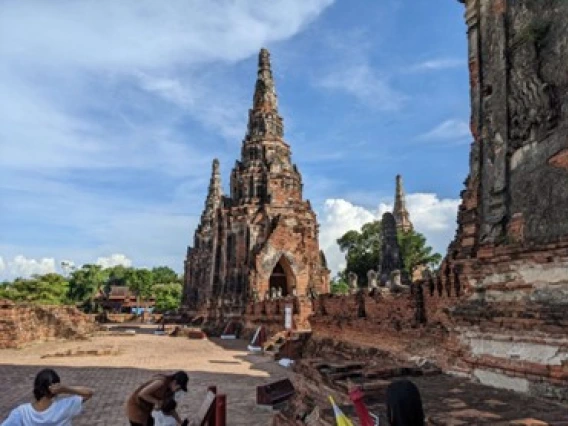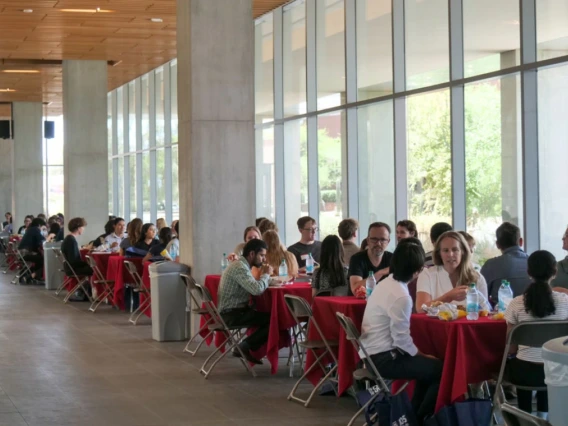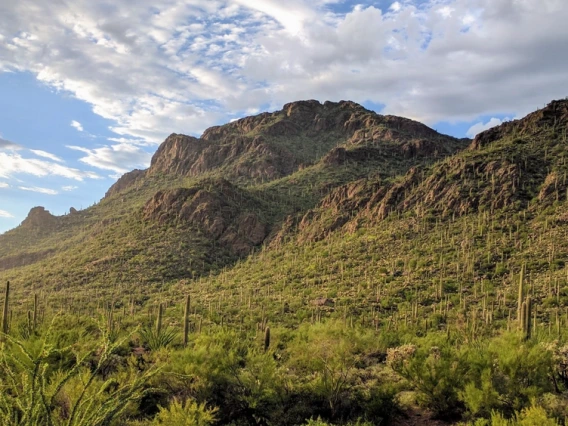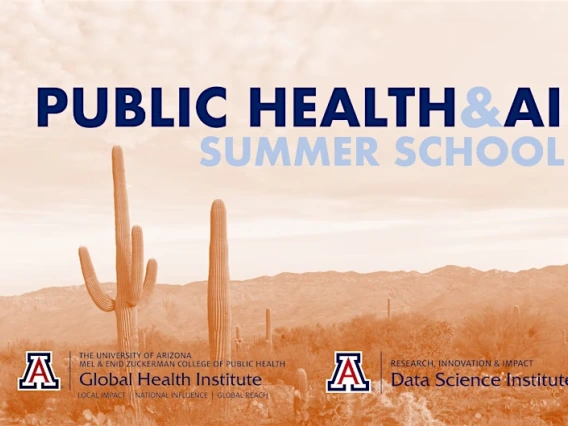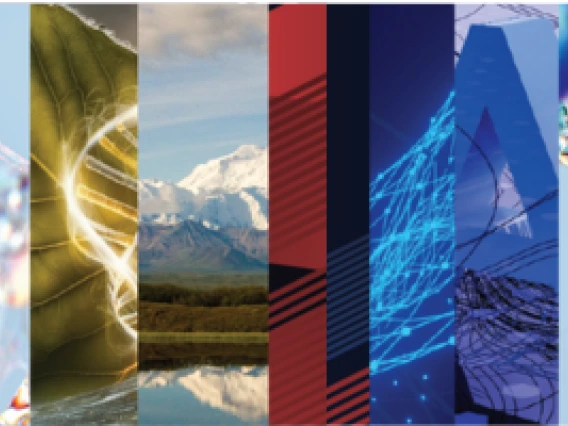Learn what's happening in the U of A data science community. Subscribe to The Data Drip, the official newsletter of the Data Science Institute at the University of Arizona.
Share an event or news with the data science community and have it posted on the Data Science Institute website. Submit information about an upcoming activity by completing the calendar event form. Post your news, event, or article on the DSI website by emailing the details to rii-datascienceinstitute@arizona.edu.


